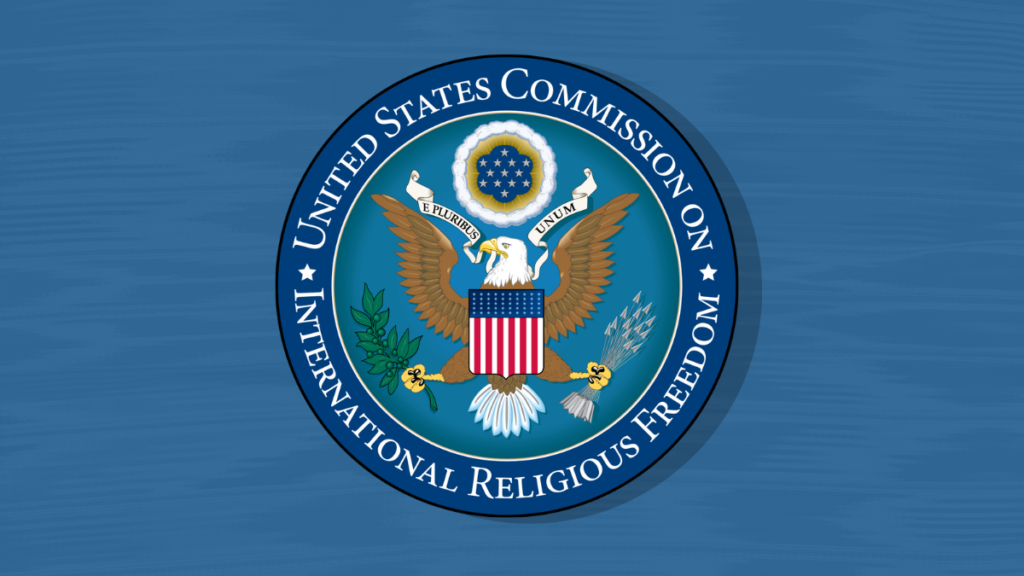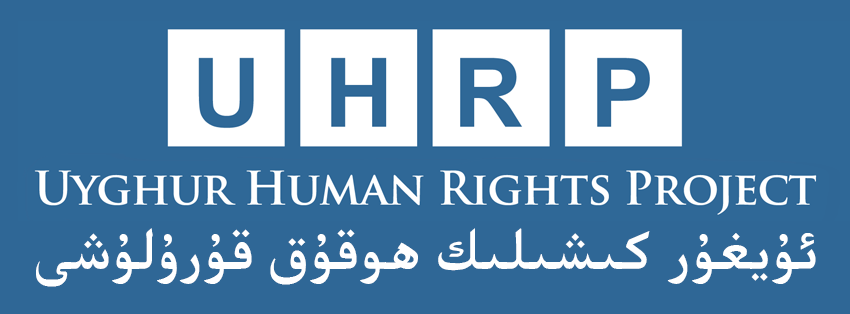A Religious Minority Enslaved: Addressing the Complicity of U.S. Companies in Uyghur Forced Labor

Wednesday, March 10, 2021
Statement by Louisa Greve, Director of Global Advocacy, Uyghur Human Rights Project
The Uyghur Human Rights Project is deeply grateful to USCIRF for its strong leadership on this issue, including today’s hearing.
I’d like to start with a positive message. We do have evidence now that international pressure is beginning to have an impact. On economic impacts, one of the textile companies most active in the state organized forced labor scheme, Huafu Fashion, actually cited the effects of sanctions in an official filing with the Shenzhen Stock Exchange, reporting a $55 million loss in 2020 compared with a $62 million profit in 2019, and cited sanctions, saying multiple American brands have canceled orders. It’s brought negative effects to the company. We obviously need a lot more of this. And it needs to be not just American brands. It needs to be global.
I’d also like to mention that diplomatic pressure is clearly having an effect. Now, of course, the Chinese government continues, as Sophie said, to intimidate and punish journalists who are investigating corporate complicity. It continues to threaten and coerce Uyghurs, survivors and witnesses, both in the U.S. and in other countries.
I would urge USCIRF to highlight this as a diplomatic priority for the U.S., mobilizing collective action by like-minded countries, and indeed all countries that value the protection of the civil rights of people on their own soil, to put an end to this continued long-armed harassment through safe haven, the Uyghur Human Rights Protection Act, just introduced yesterday in the House, but more than that, to make the Chinese government pay a price for harassing through the phone, through phone calls, through threats to family members.
But I do believe the Chinese government is now on the defensive in a new way. Spokespersons are starting to sound truly desperate in their rhetorical defenses. They are calling witnesses and other governments liars, which is the last refuge when you have nothing else to say. Officials do recognize that their propaganda narrative about alleviating poverty and inciting extremism, now that narrative has zero credibility in the English-speaking world, at least. And then we have to work more on the rest of the world.
And I do believe that a tipping point is within reach. When the economic lure of the China market combined with the CCP strong-armed diplomacy and intimidation will no longer be strong enough to fend off multilateral action and action by governments. Just to give a few examples: In the UK, as you know, the Parliament has two ongoing inquiries on corporate supply chains. A major push by the House of Lords on a genocide, making possible a genocide recognition that would be a condition, trade on human rights.
The Dutch and Canadian parliaments have recognized the genocide. Canada and Australia have forced labor measures coming up. And Belgium is next.
The U.S. government must work with these allies to do much more. I hope USCIRF will formally recommend this kind of collective action as a major priority for the Biden administration’s UN work, and I want to specifically mention the ILO, the International Labor Organization, the peak body in the UN system for labor rights, has maintained 100 percent silence to date.
We are finally seeing movement in the private sector. The U.S.-China Business Council is on the record opposing the Uyghur Forced Labor Prevention Act. The U.S.-China Business Council is on the record just this weekend saying the forced labor program is being discussed among its members multiple times every week, quoted saying, “what we hear from companies is alarm and concern about what is happening and also about being associated with what is happening.”
As a cynical view, we could say, well, being associated is the important thing, but in any case, there is not just an attitude of ignoring the issue.
However, of course, there is still shocking diplomatic and industry inaction. As mentioned, five major industry associations actually are on the record opposing the Uyghur Forced Labor Prevention Act. That is not only the U.S. Chamber of Commerce, but the American Apparel and Footwear Association and three others.
In September, they said, they ridiculed this act, saying they ridiculed it for, quote, “branding anything and everything associated with the Xinjiang Autonomous Region as made with forced labor.”
This betrayed an astonishing ignorance of the conditions in the Uyghur homeland. However, even there, there is some change. Just briefly, I’ll mention that in January, these industry associations wrote again to congressional leaders and had clearly learned a lesson. They worked hard to remove any hint that they were unfairly targeted by U.S. action to uphold the U.S. law, mentioned by the commissioner, and they, in fact, put in a language saying they recognized that the issue is structural policies in the Uyghur region.
The pressure is working there. I want to say that pressure on corporate ties with the Chinese surveillance companies is almost at zero, and that needs much more attention. I don’t have time to go into it.
But I will say on government action, the U.S., of course, remains the global leader. According to UHRP’s tally, the U.S. has imposed a total of 68 sanctions in response to the ongoing genocide since October 2019. No other government has imposed sanctions, just a couple of resolutions.
Out of the U.S. sanctions, out of 68, 67 have some economic dimension. So that includes 11 CBP import bans, 48 export bans, and Global Magnitsky sanctions on two entities and six individuals.
I have a number of other recommendations. I’ll focus on one right now, which is about one of the officials under Magnitsky sanctions. Sun Jinlong is a former political commissar–that should take you back–of the Xinjiang Production and Construction Corps. As CECC has noted, his current position is Vice Minister of Ecology. I believe USCIRF will want to urge the U.S. government to make a policy that under no circumstances will the U.S. government be in the same room as Minister Sun on climate negotiations.
Given that the Uyghur region is the source of 45 percent of the world’s solar-grade polysilicon, we do recommend that USCIRF arrange a hearing on these issues, not only for Climate Envoy John Kerry at State, but also for the Energy Department, the EPA, U.S., UN, and other agencies.
I’m happy to answer questions about some other recommendations in my written testimony from appropriations to fund robust CBP enforcement of import bans, but also questions about a UN Commission of Inquiry, what the industry associations need to do, the Olympics, and the ILO. Thank you so much for the opportunity to testify today.

